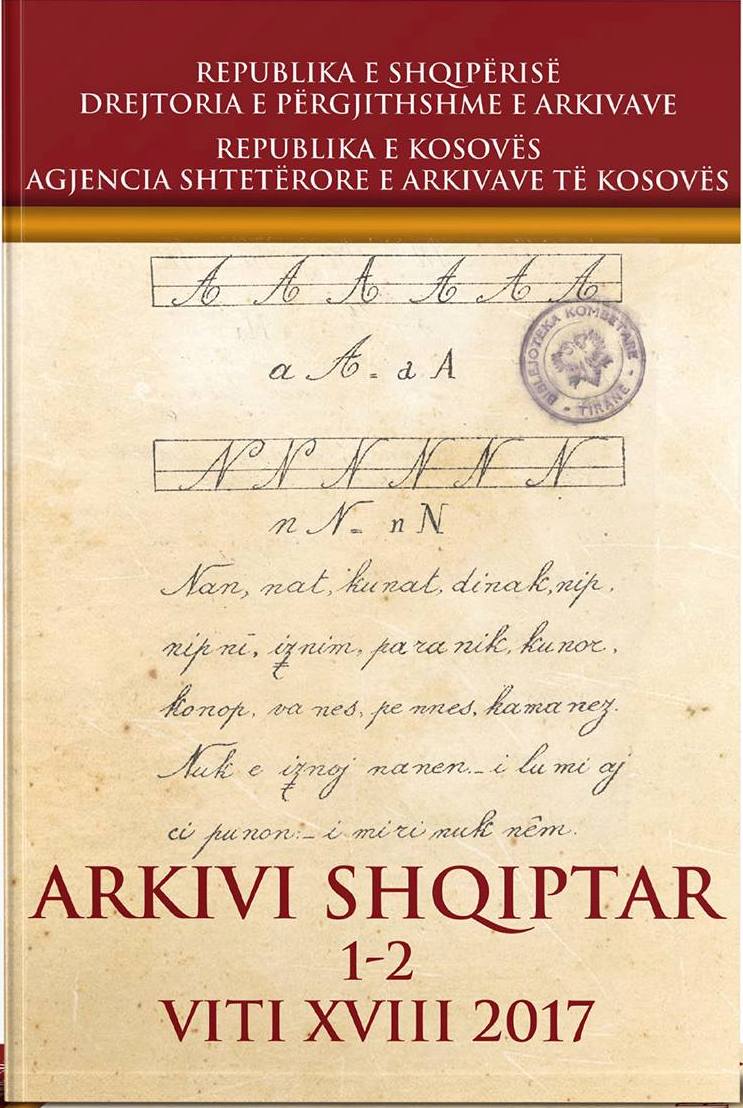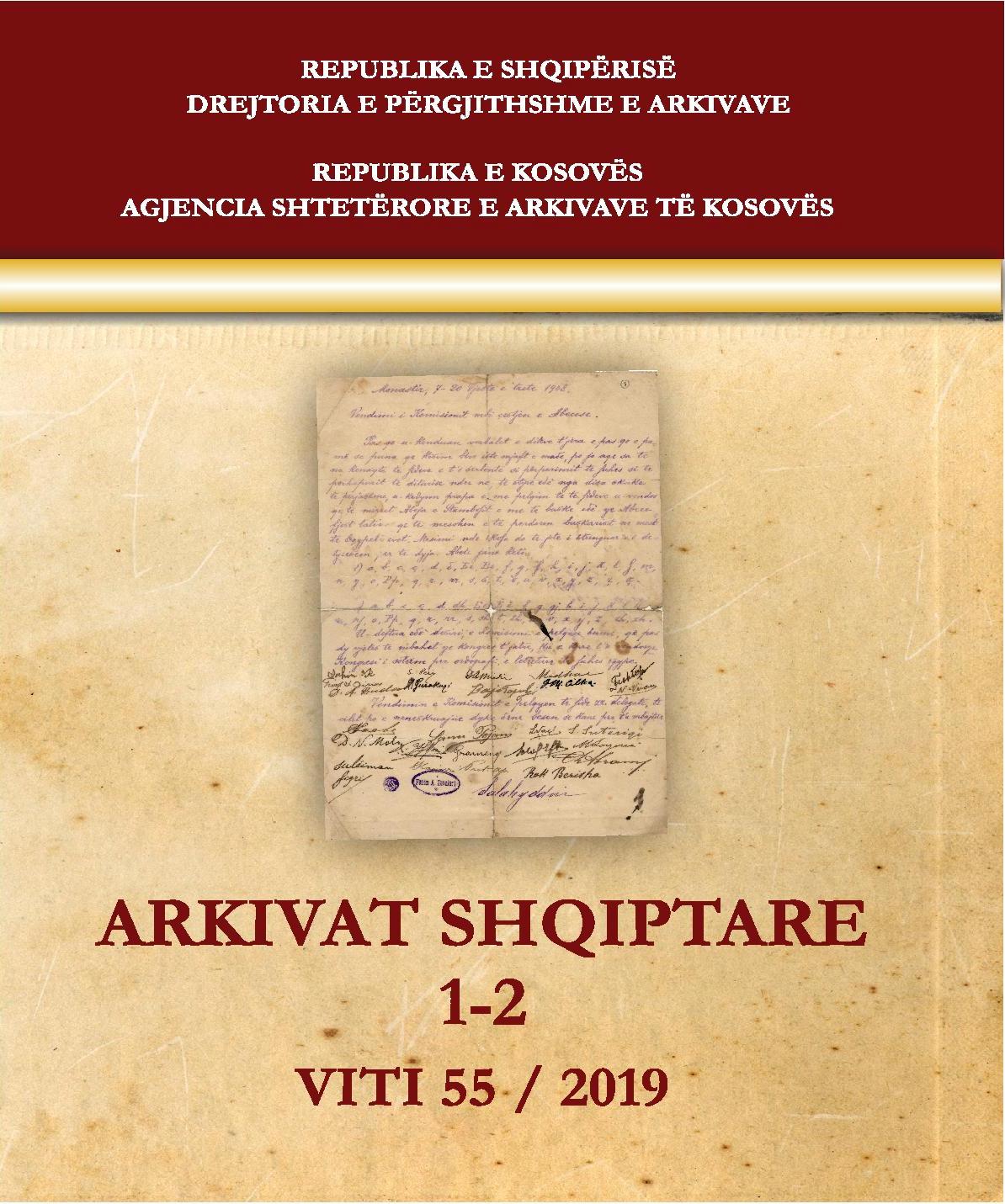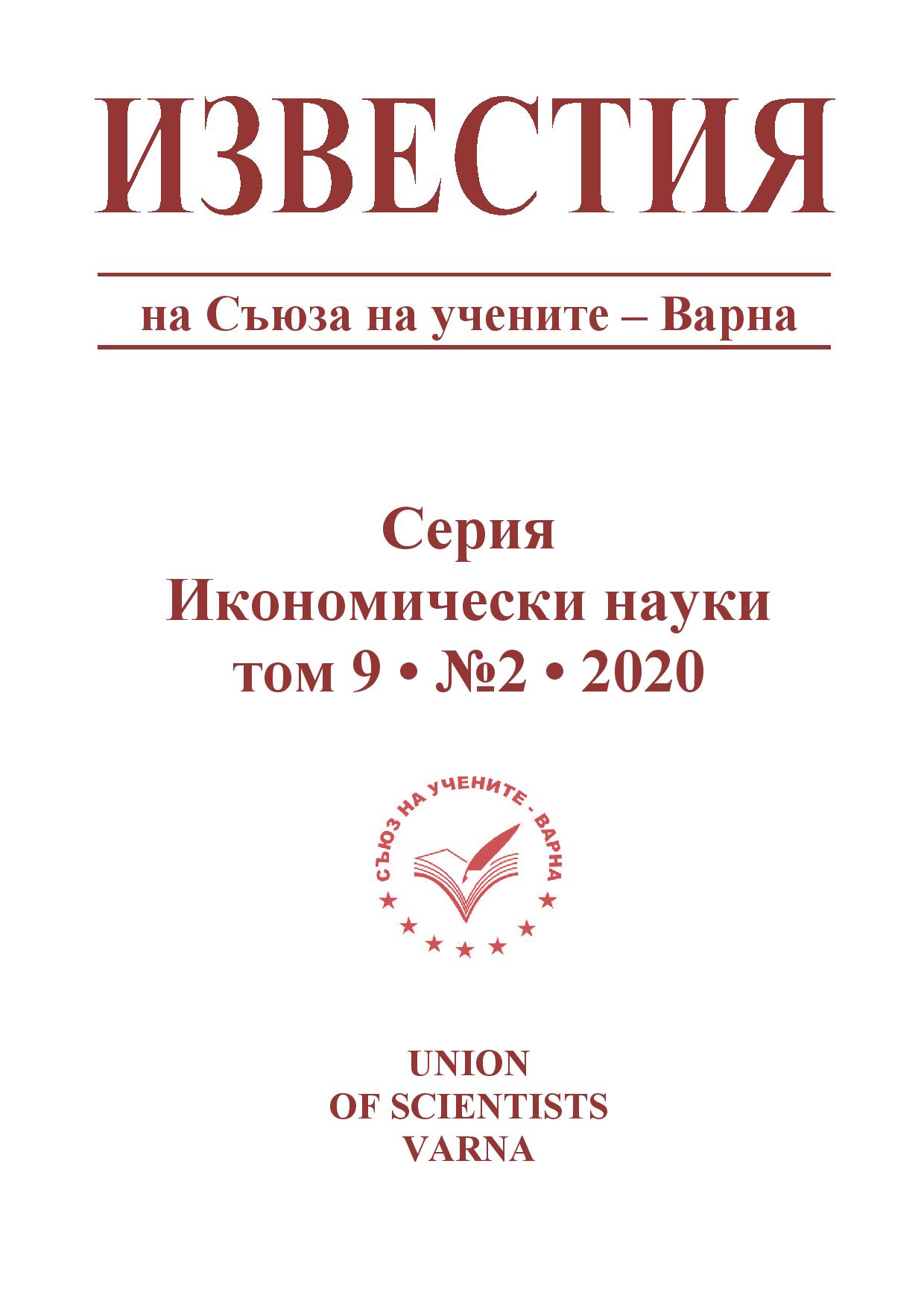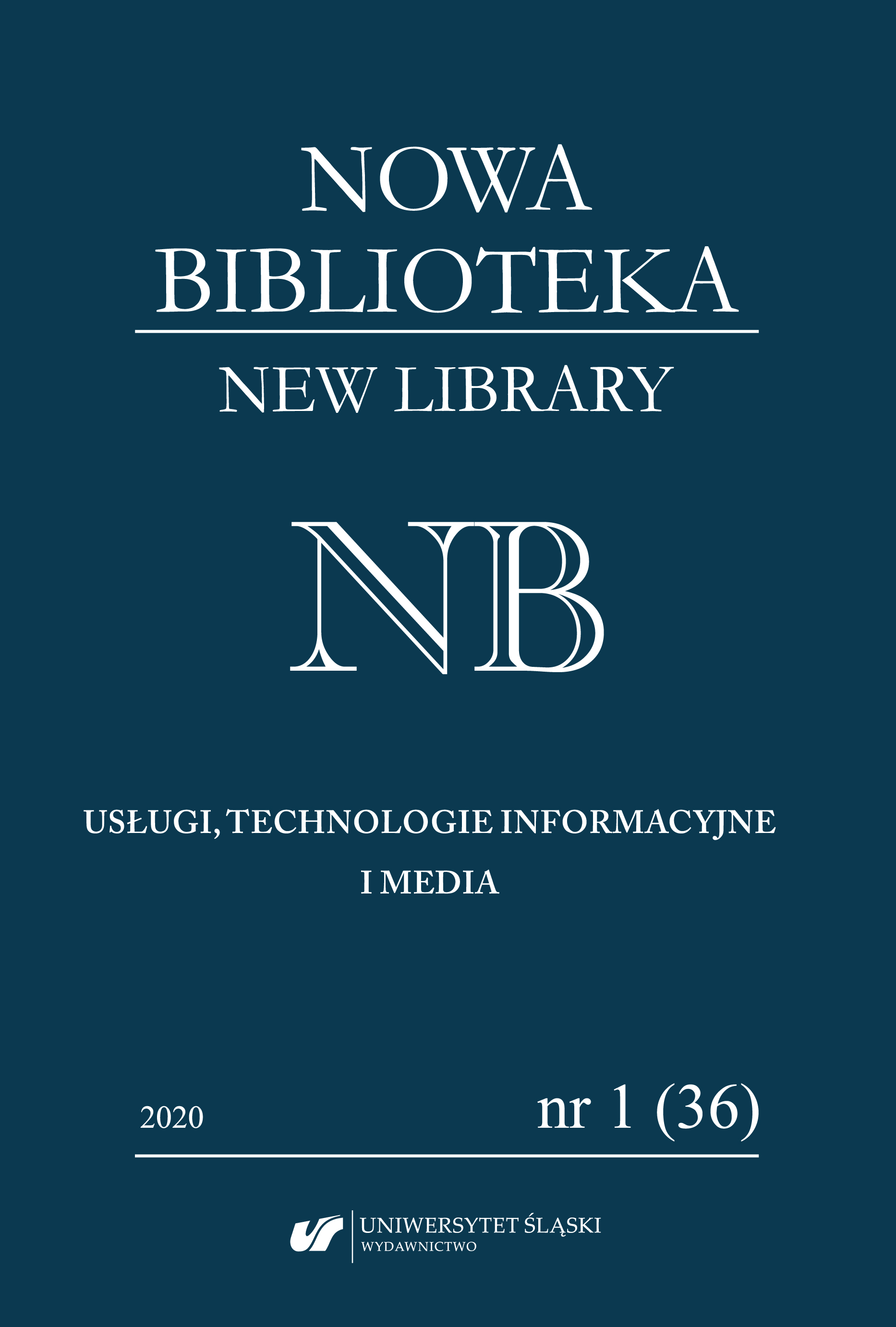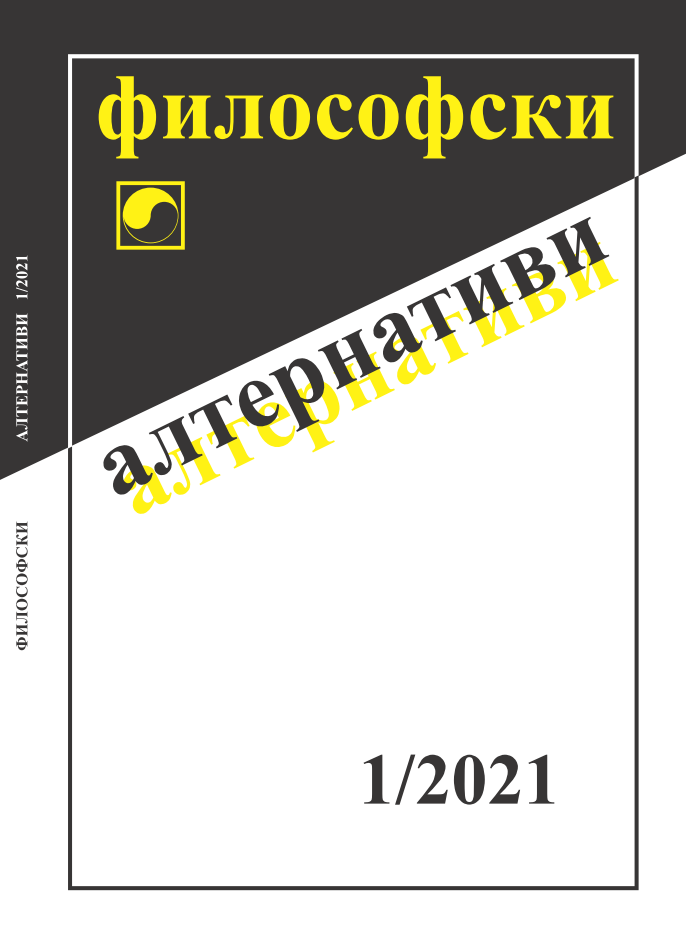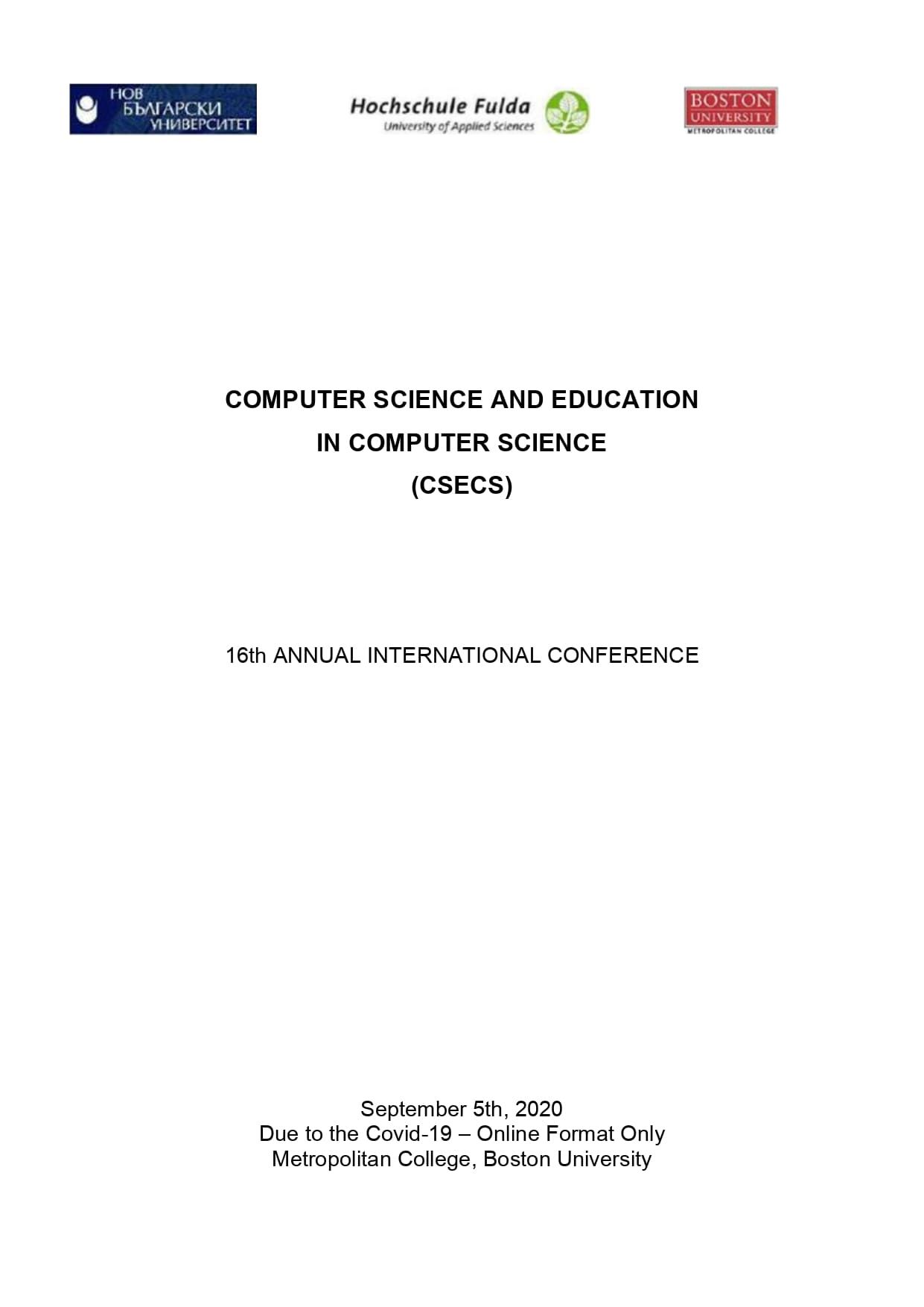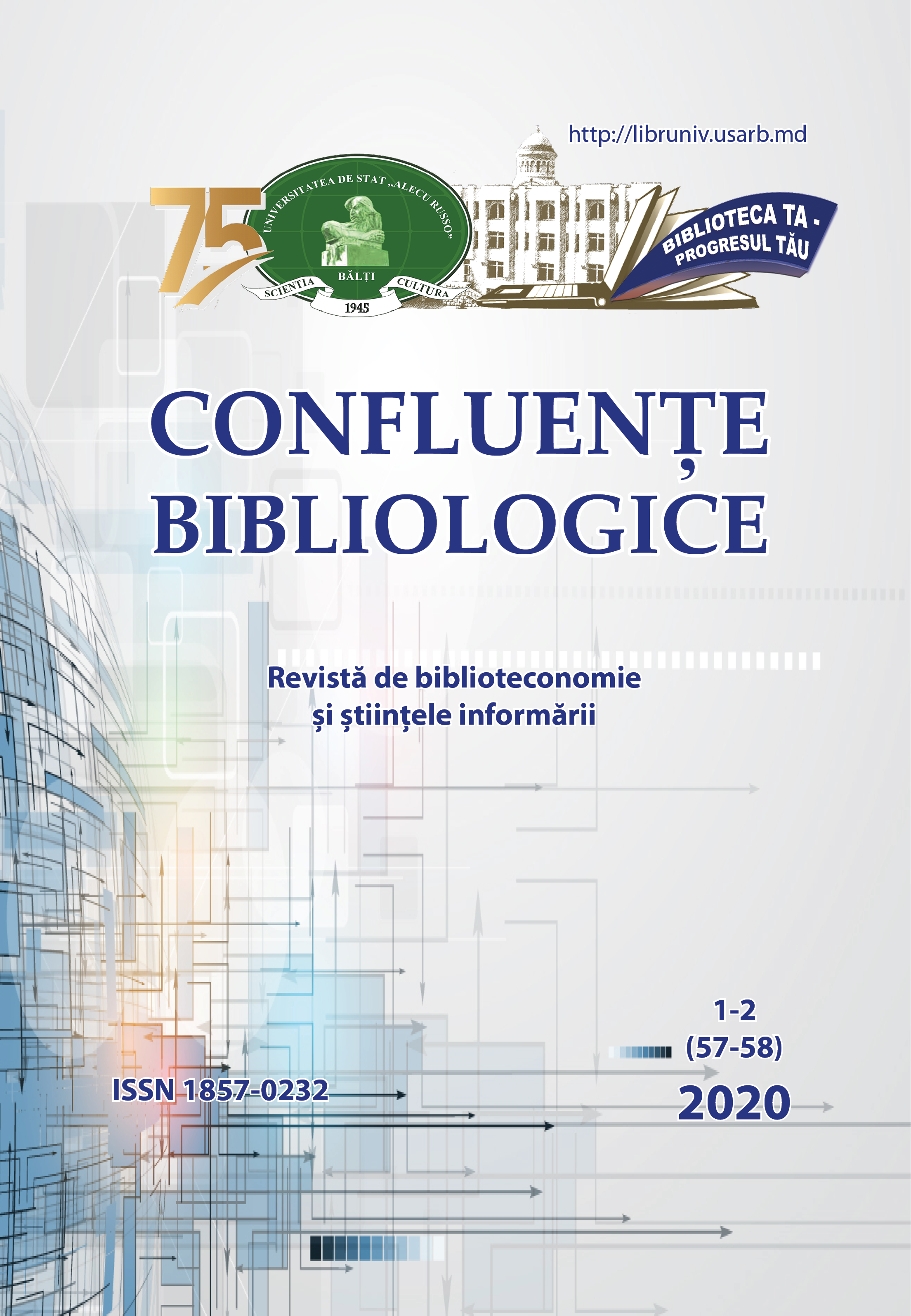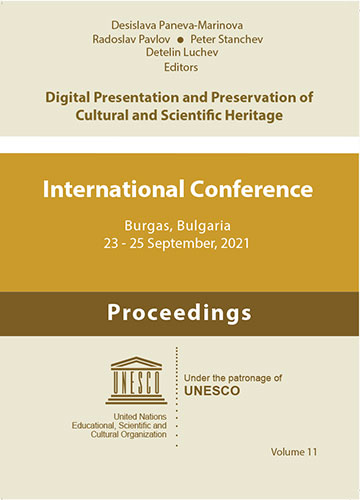Author(s): Skënder Asani / Language(s): Albanian
Issue: 1-2/2019
Pas dy konferencave të përbashkëta organizuar nga Drejtoria e Përgjithshme e Arkivave dhe Agjencia Shtetërore e Arkivave të Kosovës, të cilat u kurorëzuan me botimin e organit të përbashkët të arkivistikës “Arkivat Shqiptare” më 2017 dhe 2018, stafeta e bashkëpunimit mes arkivistëve shqiptarë mbërrin edhe tek ne, në Shkup, mes shqiptarëve që jetojnë në Republikën e Maqedonisë së Veriut. Për këtë arsye jam jashtëzakonisht i lumtur që po arrijmë të kurorëzojmë një bashkëpunim mjaft të frytshëm disavjeçar të Instituti i Trashëgimisë Shpirtërore e Kulturore të Shqiptarëve – Shkup, me Drejtorinë e Përgjithshme e Arkivave të Shqipërisë dhe Agjencinë Shtetërore të Arkivave të Kosovës. Kësaj radhe arkivat, si një ndër burimet kryesore të zhvillimit shkencor, na bashkuan në Konferencën e Tretë Ndërkombëtare të Akivistikës, me temën bosht “Arkivat dhe të drejtat e njeriut”.
ITSHKSH – Shkup, përmes departamenteve të veta hulumtuese-shkencore, kryesisht të shkencave albanologjike, para së gjithash ka për qëllim zbardhjen e të vërtetave historike të shqiptarëve të këtushëm, përmes dokumenteve relevante arkivore. Si rezultat i bashkëpunimit të deritashëm të shkëlqyer me arkivat shtetërore të Tiranës e Prishtinës, studiuesit tanë, veçanërisht të shkencës së historisë, janë shërbyer me një material mjaft të pasur arkivor, i cili pakrahasimisht na ka shërbyer për zbardhjen e shumë të vërtetave historike të panjohura deri më tani nga opinioni shkencor. Me këto dokumente arkivore, edhe Arkivi Shkencor i Institutit tonë është pasuruar mjaft, dhe mëton edhe më tej të vazhdojë të pasurohet. Në veçanti u jemi mirënjohës arkivave shqiptare të Tiranës, të cilat janë mjaft të hapura për ndihmesë, dhe jashtëzakonisht të pasura me materiale arkivore historike edhe për shqiptarët përtej kufijve administrativ të Shqipërisë.
Çështja tjetër që dua të potencoj në këtë rast, është edhe inkurajimi që dua t’u bëj të gjitha institucioneve të këtushme relevante, por edhe individëve që kanë materiale të rëndësishme arkivore, që ta deponojnë në Arkivin Shkencor të Institutit të Trashëgimisë Shpirtërore e Kulturore të Shqiptarëve – Shkup. Aty është vendi më i sigurt, jo vetëm se për ruajtjen, por edhe për shfrytëzimin pozitiv nga gjeneratat e ardhshme në favor të shkencës dhe shoqërisë.
Duke ju përshëndetur dhe njëherë si njëri nga nikoqirët e kësaj konference shkencore ndërkombëtare të arkivistikës, më lejoni që të gjithë studiuesve t’u uroj paraqitje sa më të suksesshme. Shpresoj se kontributet e tyre shkencore do të jenë një hap më tepër në zhvillimin e arkivistikës, por edhe një hap më shumë në kultivimin e bashkëpunimit ndërinstitucional në këtë sferë të Shkupit, Tiranës e Prishtinës.
Fare në fund e falënderoj edhe Komunën Çair të Shkupit të Vjetër, dhe kryetarin Visar Ganiu, për mikpritjen e ngrohtë në këtë sallë komunale, ku zhvilloi punimet Konferenca III Mbarëkombëtare e Arkivistikës.
More...

